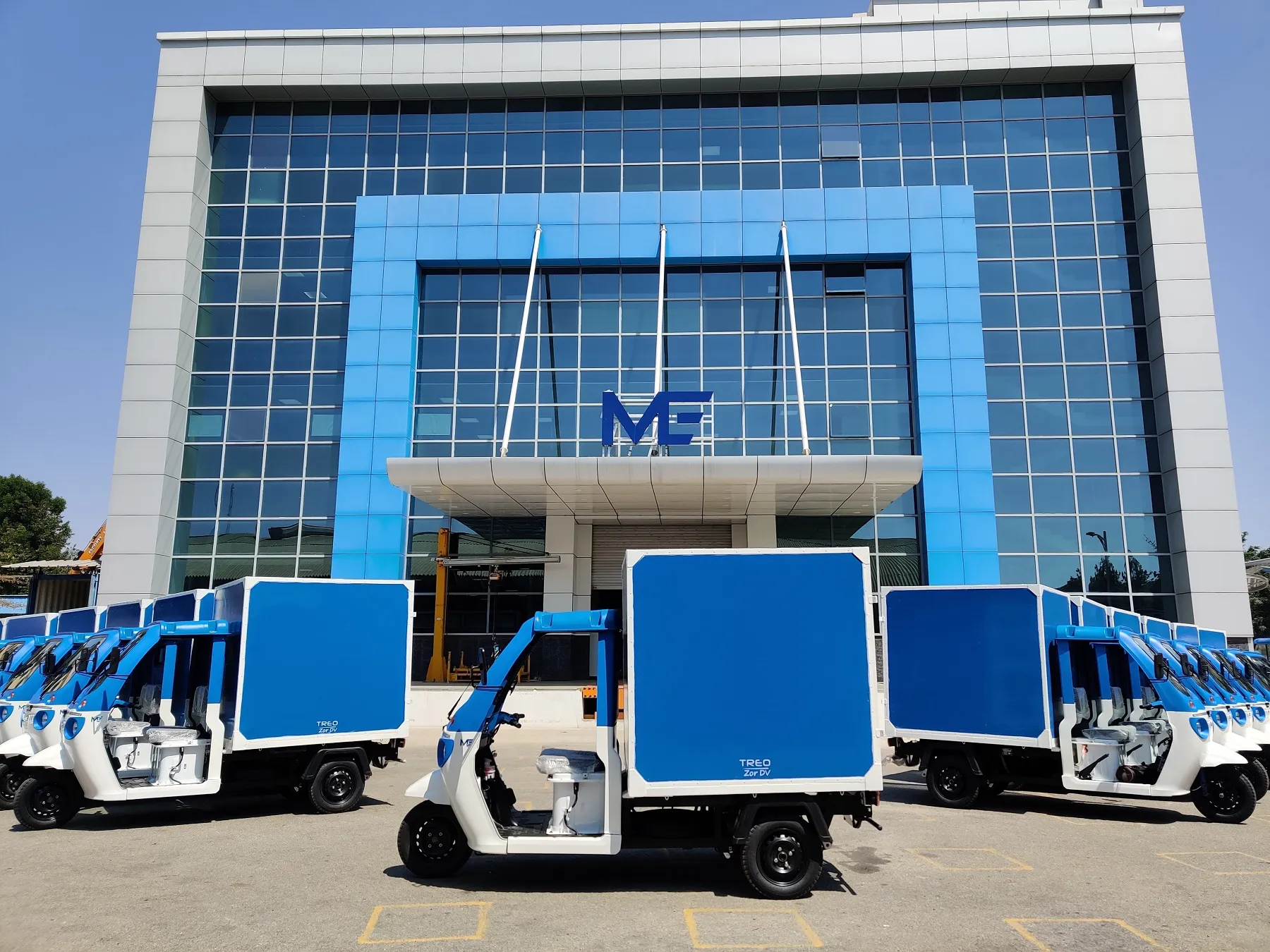The seventh Regional Environmentally Sustainable Transport (EST) Forum in Asia, held in Bali, concluded with a commitment by Asian countries to implement sustainable transportation systems with the signing of the Bali Declaration on Vision Three Zeros — Zero Congestion, Zero Pollution and Zero Accidents. The international forum welcomed representatives from across Asia, as well as international organisations, bilateral and multilateral agencies, research organisations and sustainable transportation professi
April 29, 2013
Read time: 2 mins
The seventh Regional Environmentally Sustainable Transport (EST) Forum in Asia, held in Bali, concluded with a commitment by Asian countries to implement sustainable transportation systems with the signing of the Bali Declaration on Vision Three Zeros — Zero Congestion, Zero Pollution and Zero Accidents.
The international forum welcomed representatives from across Asia, as well as international organisations, bilateral and multilateral agencies, research organisations and sustainable transportation professionals.
5466 Institute for Transportation and Development Policy (ITDP) founder and managing director for policy Michael Replogle underlined that the implementation of a vehicle quota system was among several crucial sustainable transportation measures to realise Vision Three Zeros.
“The automotive industry has a lot of political and economic power in Indonesia. I think every place that is dealing with this issue has to deal with the politics in its own way. It takes political leadership,” he said. “Shanghai, for example, is a major centre of vehicle manufacturing, yet it was the first city in China to adopt a motor vehicle quota. And they have succeeded; over the past 15-20 years, they have been able to limit the growth of traffic to half of what it would have been had they pursued a non-managed motorised vehicle policy.”
He also cited China’s capital, Beijing, known for its horrendous traffic congestion, which has in the past year adopted a motor vehicle quota, while India’s government has also taken steps to encourage larger cities to adopt a vehicle quota system and traffic management system.
After decades of heavy reliance on roads and motorised vehicles as Indonesia’s backbone of land transportation, Deputy Transportation Minister Bambang Susantono acknowledged that it was time for cities nationwide to develop integrated transportation systems that did not solely depend on roads.
Citing World Bank data showing that Indonesia’s medium-sized cities with populations above 500,000 displayed the greatest economic growth, of around seven per cent annually, Bambang added: “We are accelerating the development of mass transportation systems in our fourteen major cities and will soon adopt the same measures in other medium-sized cities.”
Bali initiated its own integrated mass transportation system, called Trans Sarbagita, in late 2011. The system recorded 2,886 passengers daily in 2012, and is estimated to have reduced the number of motorcycles roaming the roads of southern Bali by 1,449 per day.
The international forum welcomed representatives from across Asia, as well as international organisations, bilateral and multilateral agencies, research organisations and sustainable transportation professionals.
“The automotive industry has a lot of political and economic power in Indonesia. I think every place that is dealing with this issue has to deal with the politics in its own way. It takes political leadership,” he said. “Shanghai, for example, is a major centre of vehicle manufacturing, yet it was the first city in China to adopt a motor vehicle quota. And they have succeeded; over the past 15-20 years, they have been able to limit the growth of traffic to half of what it would have been had they pursued a non-managed motorised vehicle policy.”
He also cited China’s capital, Beijing, known for its horrendous traffic congestion, which has in the past year adopted a motor vehicle quota, while India’s government has also taken steps to encourage larger cities to adopt a vehicle quota system and traffic management system.
After decades of heavy reliance on roads and motorised vehicles as Indonesia’s backbone of land transportation, Deputy Transportation Minister Bambang Susantono acknowledged that it was time for cities nationwide to develop integrated transportation systems that did not solely depend on roads.
Citing World Bank data showing that Indonesia’s medium-sized cities with populations above 500,000 displayed the greatest economic growth, of around seven per cent annually, Bambang added: “We are accelerating the development of mass transportation systems in our fourteen major cities and will soon adopt the same measures in other medium-sized cities.”
Bali initiated its own integrated mass transportation system, called Trans Sarbagita, in late 2011. The system recorded 2,886 passengers daily in 2012, and is estimated to have reduced the number of motorcycles roaming the roads of southern Bali by 1,449 per day.









